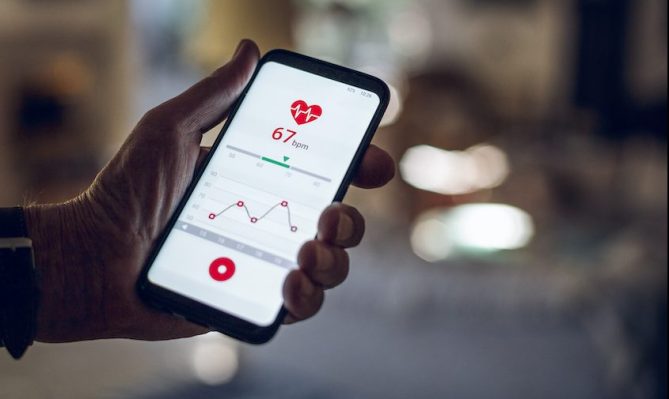If you’ve ever been stuck using a health provider’s clunky online patient portal or had to make multiple calls to transfer medical records, you know how difficult it is to access your health data.
In an era when control over personal data is more important than ever before, the healthcare industry has notably lagged behind — but that’s about to change. This past month, the U.S. Department of Health and Human Services (HHS) published two final rules around patient data access and interoperability that will require providers and payers to create APIs that can be used by third-party applications to let patients access their health data.
This means you will soon have consumer apps that will plug into your clinic’s health records and make them viewable to you on your smartphone.
Critics of the new rulings have voiced privacy concerns over patient health data leaving internal electronic health record (EHR) systems and being surfaced to the front lines of smartphone apps. Vendors such as Epic and many health providers have publicly opposed the HHS rulings, while others, such as Cerner, have been supportive.
While that debate has been heated, the new HHS rulings represent a final decision that follows initial rules proposed a year ago. It’s a multi-year win for advocates of greater data access and control by patients.
The scope of what this could lead to — more control over your health records, and apps on top of it — is immense. Apple has been making progress with its Health Records app for some time now, and other technology companies, including Microsoft and Amazon, have undertaken healthcare initiatives with both new apps and cloud services.
It’s not just big tech that is getting in on the action: startups are emerging as well, such as Commure and Particle Health, which help developers work with patient health data. The unlocking of patient health data could be as influential as the unlocking of banking data by Plaid, which powered the growth of multiple fintech startups, including Robinhood, Venmo and Betterment.
What’s clear is that the HHS rulings are here to stay. In fact, many of the provisions require providers and payers to provide partial data access within the next 6-12 months. With this new market opening up, though, it’s time for more health entrepreneurs to take a deeper look at what patient data may offer in terms of clinical and consumer innovation.
